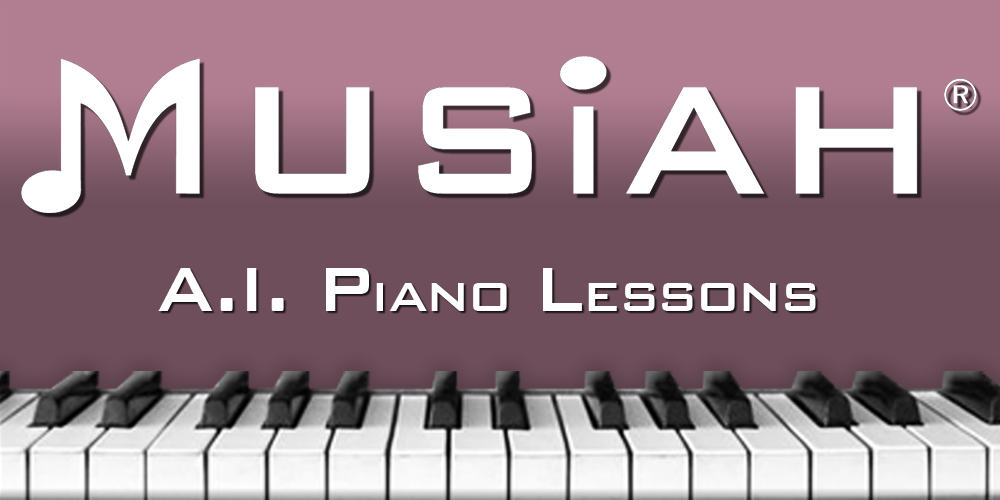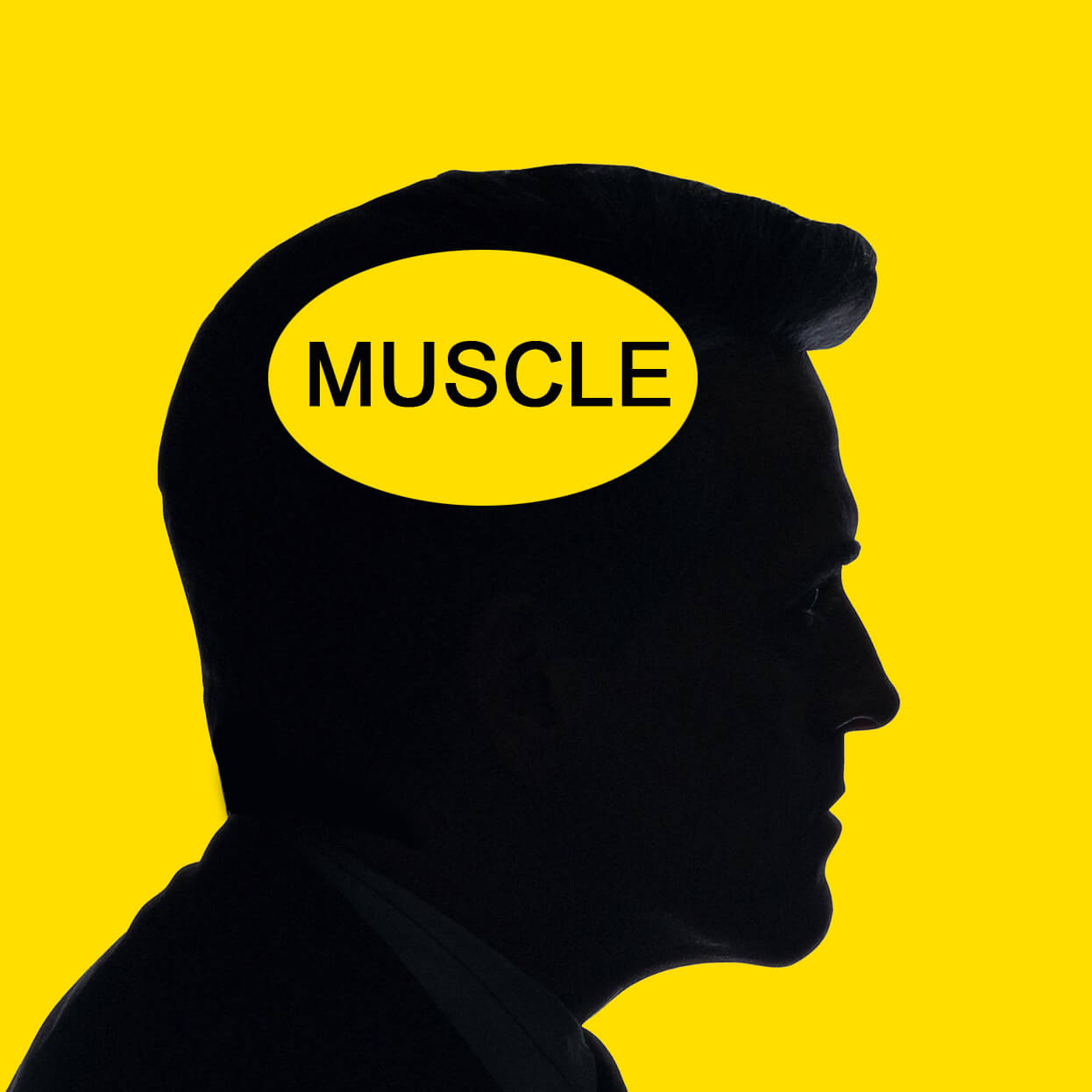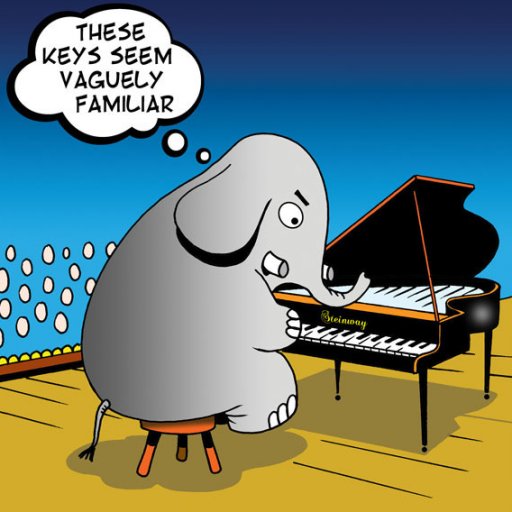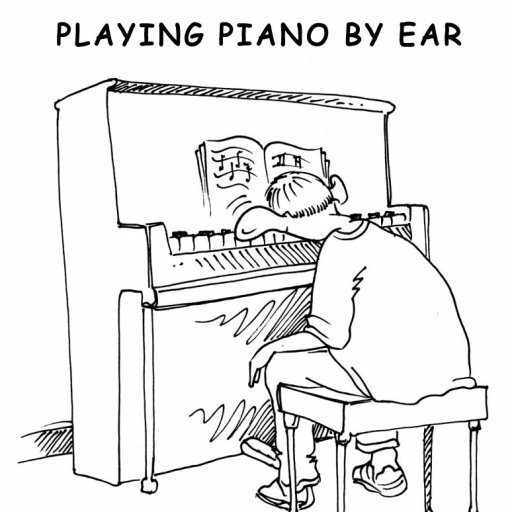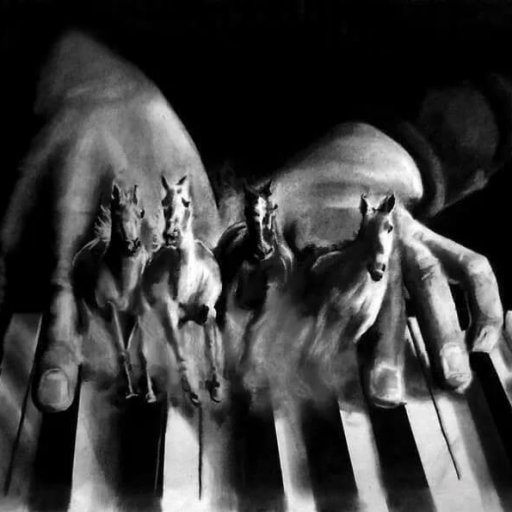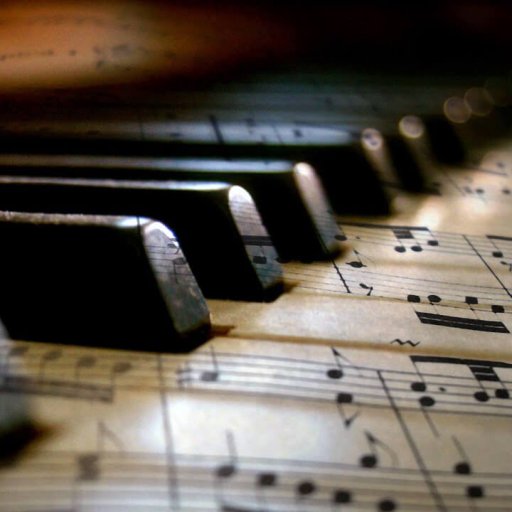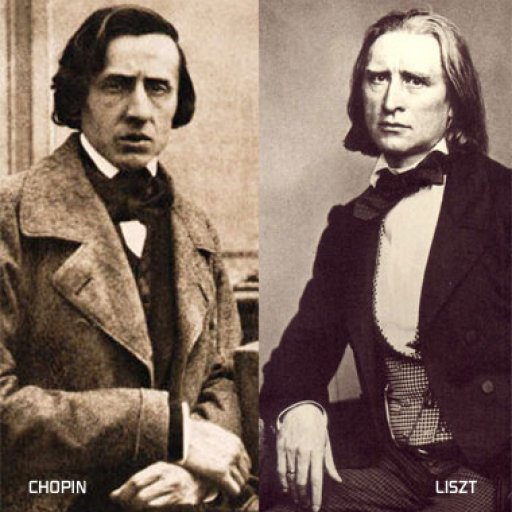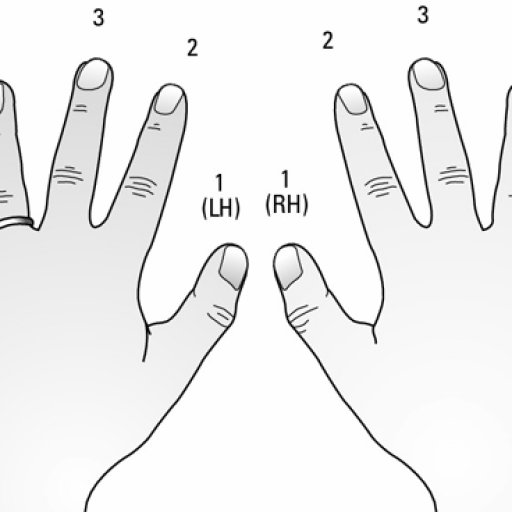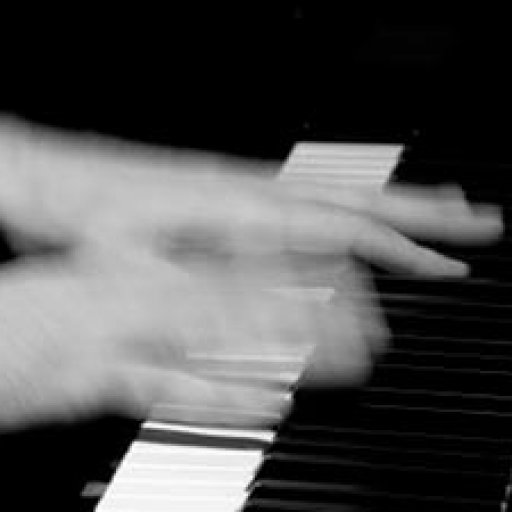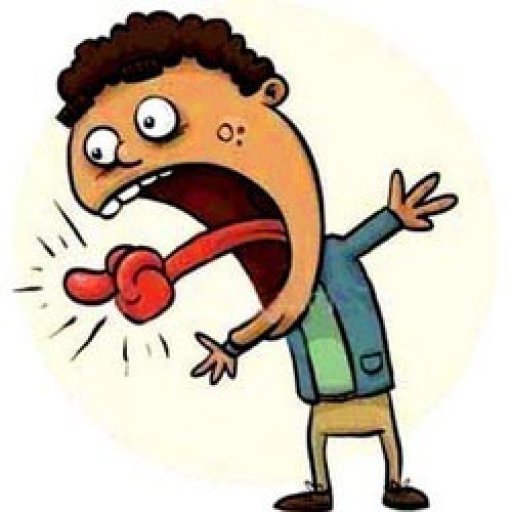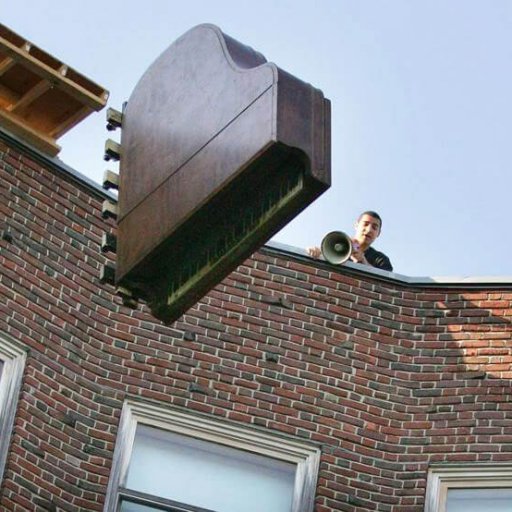Sight Reading Vs Muscle Memory: How To Practice Sight Reading
Is there a way to improve sight reading without relying on muscle memory? And is muscle memory a good or bad habit?
One of the most enjoyable and rewarding aspects of looking after Musiah piano students personally is that I regularly receive requests for advice and really good, interesting questions like this one from Jia Hao Teo from Singapore who writes...
In the past few days, when I'm having trouble passing the audition, I would go to the practice area and practice the pieces. After practicing for 15 to 30 mins, I manage to pass the audition with 5 stars but I notice something. The more I practice, the more it becomes muscle memory instead of getting better in sight reading. I can sight read Treble Clef or Bass Clef fast but when it comes to reading both at the same time, I can't keep up with the tempo. Is there a way to improve sight reading and not relying on muscle memory? Is muscle memory a good or bad habit?
These are good questions, Jia Hao.
Firstly, I think it's important to understand exactly what sight reading is.
Sight reading is literally when you read (and play) a passage of notes for the very first time. As soon as you attempt the passage a second time, you are no longer sight reading, you have begun practicing it.
As you practice, you will naturally begin to memorize the piece on a number of levels.
You mentioned muscle memory, i.e. remembering the physical movements required to play the sequences of notes. As you become more advanced you will also become more aware of other forms of memory that are also taking place, e.g.
- memorizing the sound of the melody (and listening for that as you play),
- memorizing the harmonies (both their sound and the musical theory behind the structure of those harmonies),
- your photographic memory of how the sheet music looks (even when you are not looking at the sheet music),
- memorizing the structure of the piece, e.g. which phrases are the same, which ones change and how do they change,
and so on.
The ability to sight read develops gradually over time, and it is perfectly normal in the early stages of your learning journey to find reading both hands / clefs together challenging.
You are actually doing quite well insofar as you are already able to read single clefs without too much difficulty. And in time, the ability to read both hands together will come.
Is there a way to improve sight reading?
Yes. The basic concept is to practice sight reading as a separate skill in its own right, i.e. almost as though it has nothing to do with your mainstream practice in which you learn and memorize (at least to some extent) each piece.
The traditional way to do this is to find some music you have not played before, e.g. some beginners piano books that you have no intention of learning per se.
For a few minutes 1-2 days a week, pick a short passage you have not seen before, e.g. 4 bars. Look over it in silence before you attempt to play it. Then try playing it – but only once. (After that, it's no longer sight reading).
I recommend doing a left hand passage, a different right hand passage and, when you feel up to it, a different passage with both hands.
Quick Sight Reading Tip:
As you look over each passage before playing it, check the sheet music for the highest and lowest notes and whether the notes move by leap or by step.
Check your hand position. Then take your time and play each note evenly.
Note Reading / Note Playing Games
As an alternative to traditional sight reading practice, in the Musiah piano lessons app, there is a special Games Area that includes Note Reading and Note Playing games that are designed to enable students to work on improving their sight reading skills whenever they wish.
These games are fun, convenient and very effective, so I definitely recommend supplementing your sight reading practice with these.
Is muscle memory a good or bad habit?
Memory, in all its forms, is both good and desirable. And developing your ability to remember each piece on a number of levels is an essential skill that will enable you to perform like a professional musician.
Once again, to reiterate, the important thing is to understand the distinction between developing this ability and developing your ability to sight read, which are two entirely separate skills.
Lastly, on the subject of sight reading... if you have not already seen my video on the Musiah Piano Teaching Method, you may find it helpful.
In this video you will learn a number of approaches to reading sheet music efficiently that will certainly benefit your sight reading.
Through use of these learning and reading techniques you will, over time, dramatically increase your ability to read sheet music fluently.
Once again, thanks Jia Hao for this great question. I hope the above thoughts / comments are helpful.
And of course (dear reader), if you would like to experience great piano lessons that encourage the development of sight reading skills and the ability to memorize on many different levels, you have come to the right place.
Simply take our 14 Day Free Trial — available for a strictly limited time.
Thanks for reading.
Til next time,
Brendan Hogan L.Mus.A, A.Mus.A.
Piano Teacher & Musiah Inventor
RECOMMENDED ARTICLES
Online Piano lessons – Do They Work?
Piano Lessons For Adults
Piano Lessons For Kids
Piano Lessons For Beginners
Advanced Piano Lessons
Free Piano Lessons (on piano technique)
The Best Piano Method
The Best Piano Learning App
Learning To Play Piano As An Adult – Why it's easier than you think!
